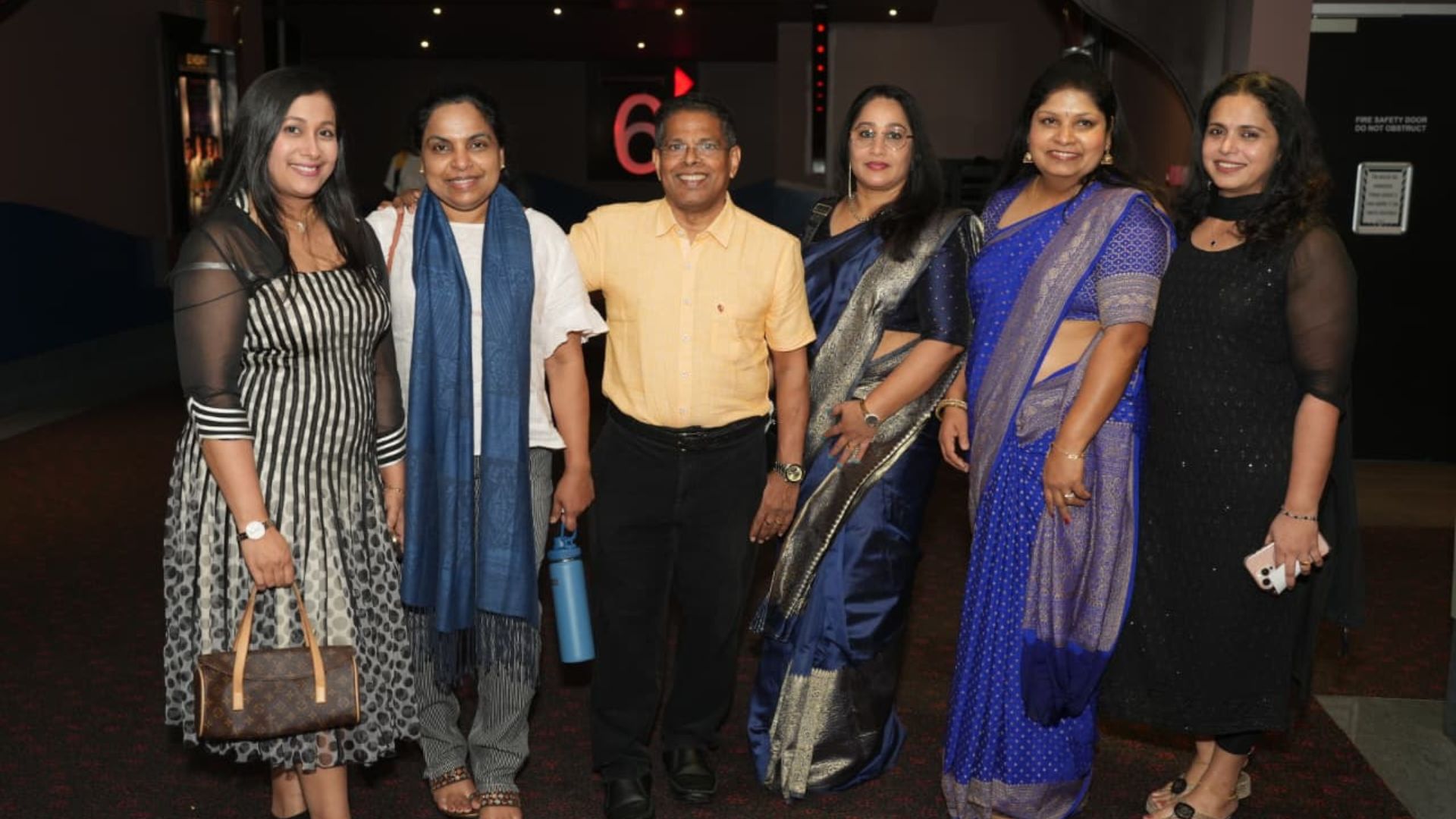Gender equality has always been one of the core tenets of a just society. In India, the Women’s Reservation Bill has been a topic of intense debate for several decades. Introduced in Parliament in various forms, the bill seeks to reserve 33% of seats in the Lok Sabha (lower house) and State Assemblies for women, providing them with greater representation in decision-making processes. However, Varad Tikam, in his book Blueprint to Make Bharat Vishwaguru, raises important questions about the true implications of such a policy.
While the bill has been hailed as a progressive measure aimed at achieving gender equality in Indian politics, Varad argues that merely reserving seats for women will not necessarily translate into empowerment. He delves deep into the flaws in the current political system and presents a vision for reform that goes beyond token representation. According to Varad, the goal should not simply be to have more women in power, but to ensure that these women have the necessary tools, support, and platforms to make a real impact.
🚺 The Promise of the Women’s Reservation Bill
In principle, the Women’s Reservation Bill promises to break down the significant gender gap in India’s political landscape. As of now, women make up just 11% of the Lok Sabha and 5% of State Assemblies, a stark contrast to their share of the population, which is nearly 50%. The introduction of the bill is seen by many as an important step toward addressing this imbalance and promoting gender equality in political representation.
By providing reserved seats for women, the bill aims to increase their participation in policy-making, law-making, and the general political discourse. Varad Tikam agrees that women’s presence in political spaces is crucial, as it helps ensure that women’s issues—from maternal health to gender-based violence—are given the attention they deserve.
⚖️ Flaws in the Current System
Despite its noble intent, Varad Tikam raises several concerns about the Women’s Reservation Bill and its actual effectiveness. The first issue he points out is the lack of political will and the exclusion of marginalized groups such as Dalit women, tribal women, and other backward classes from the bill’s scope. The reservation system, as it stands, largely benefits urban, upper-caste women, leaving rural and economically disadvantaged women without proper representation.
Varad argues that gender-based reservations in the political sphere can be seen as a superficial solution if they don’t address the root causes of women’s exclusion from political power. Political parties often select women candidates from privileged backgrounds who have the necessary resources and networks to win elections. This perpetuates a system where real power remains concentrated in the hands of the elite, and women from disadvantaged backgrounds are sidelined.
Furthermore, the bill does not address the structural issues that hinder women’s political participation. Varad Tikam points out that the lack of education, economic empowerment, and social mobility for women in India are key factors that limit their ability to run for office and make meaningful change. Token representation, through reserved seats, may give women a place in Parliament but not the resources or autonomy to affect real change.
🏛️ The Political Context
Another issue with the Women’s Reservation Bill, according to Varad, is that it is often used as a political tool to gain popular support without addressing the core challenges of gender inequality. Political parties, in a bid to score political points, have been quick to support the bill but reluctant to implement comprehensive reforms that would allow women to truly succeed in politics. Varad asserts that this political posturing does little to empower women in the long run and simply acts as a way for politicians to appease their constituencies.
He also critiques the lack of focus on women’s welfare in the legislative agendas of political parties. While parties may support the Women’s Reservation Bill on the surface, they often fail to support policies that address the economic disparity, gender-based violence, and educational gaps that contribute to women’s marginalization. Varad argues that true empowerment lies in building a society that removes these barriers, rather than just reserving seats in Parliament.
💡 Varad Tikam’s Vision for True Empowerment
Varad Tikam’s vision for women’s empowerment goes beyond token representation. He proposes that instead of focusing on reservations, the Indian government should work to create a level playing field where women can compete on equal terms with men. This would involve:
- Increasing Access to Education: Education is the most powerful tool to empower women. Varad advocates for universal education for girls, with a special emphasis on vocational training and leadership development to equip women with the skills and confidence to enter politics and leadership positions.
- Promoting Economic Independence: For women to have a true voice in politics, they need to be economically independent. Varad proposes initiatives to support women entrepreneurs, provide access to capital, and create jobs that allow women to thrive in both the public and private sectors.
- Addressing Gender-Based Violence: Women’s participation in politics cannot thrive in a climate of fear. Varad stresses the importance of comprehensive laws and systems for victim and witness protection, especially in the face of gender-based violence and harassment in the political arena.
- Inclusive Political Representation: Rather than just reserving seats for women, Varad advocates for a system where marginalized women, including Dalit, tribal, and Muslim women, are actively supported and represented in policy-making.
🌍 The Future of the Women’s Reservation Bill
In conclusion, Varad Tikam acknowledges that the Women’s Reservation Bill is a step in the right direction, but it is not the ultimate solution for achieving gender equality in Indian politics. The true empowerment of women requires deep systemic reforms in education, economics, and social justice. Reserved seats are only part of the equation. Women need to be equipped with the tools and the platforms to succeed on their own merits, not just through government-imposed quotas.
Varad’s vision of a Vishwaguru Bharat is one where women are not just represented but also empowered to lead, make decisions, and shape the future of the country on their own terms.
🔚 About Varad Tikam
Varad Tikam is not just the world’s youngest political author — he is a revolutionary thinker, a Gen Z visionary, and the bold new face of Bharat’s intellectual awakening. Born in Mumbai and educated across both traditional and global institutions, Varad has emerged as a rare voice of clarity and conviction in an era clouded by confusion.
At just 17, his best-selling book Blueprint to Make Bharat Vishwaguru outlines 38 transformative reforms to elevate India into a global superpower. With a sharp pen and a fearless mind, he challenges broken systems, offers new-age solutions, and stands up for forgotten voices — from men’s rights to mental health, from ending casteism to defending Sanatan Dharma.
As a proud Hindu, an advocate for equality, and a relentless reformer, Varad represents a rare fusion of intellect, courage, and national pride. His dream? To help Bharat reclaim its lost glory and rise again as Vishwaguru — the spiritual, cultural, and strategic teacher of the world.
🌐 Website: www.varadtikam.in
📸 Instagram: @its.varadtikam
💼 LinkedIn: Varad Tikam











